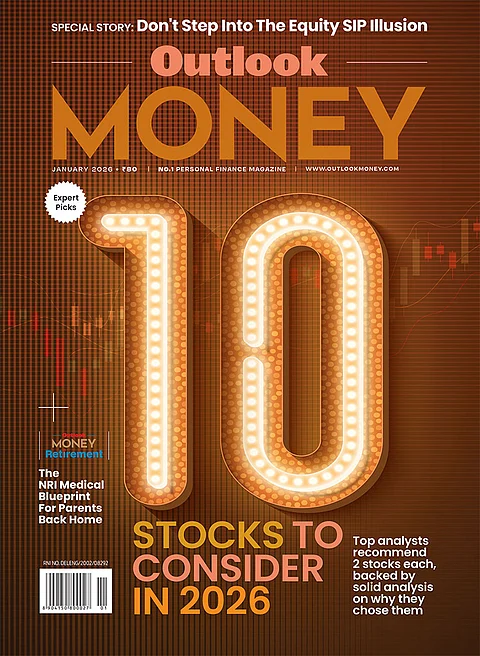In the world of investing, a realm often dominated by numbers, graphs, and forward projections, there rests a pivotal yet underemphasised cornerstone:
Behaviour. The significance of behaviour in financial decision-making cannot be overstated, as it often steers the ship in turbulent waters of market volatility.
“Psychological research had a great impact on shaping the theories of behavioural finance. One such remarkable series of experiments was the Asch Conformity Experiments conducted in the 1950s by Solomon Asch.” These experiments highlighted the tendency among individuals to conform to a group’s incorrect consensus, illustrating the perilous ‘herd behaviour’. This form of cognitive bias, among others, plays a crucial role when individuals engage with financial markets.
Investor behaviour, according to multiple studies, is a linchpin to long-term investment success. Dalbar Associates, a notable US-based investment research firm, has underscored through their long-term studies that investor behaviour significantly influences the trajectory of investment outcomes, often more than the fund performance itself.
Morningstar, another industry stalwart, recently shone a light on the ‘Behaviour Gap’, a term representing the discrepancy between the returns of investments and the investors over a specified period. This gap underscores how behavioural biases can detrimentally impact financial decisions.
Identifying and understanding these biases is a step towards modulating our financial behaviour advantageously. Here are some key biases to be cognizant of while navigating financial decisions:
Herd Behaviour: Individuals, swayed by their peers or media frenzy, often invest in assets irrespective of their alignment with personal financial goals or risk tolerance.
Overconfidence Bias: Overestimating one’s financial acumen often leads to unwarranted risks, detrimentally impacting financial health.
Confirmation Bias: A bias where one seeks and acknowledges information that conforms to their pre-conceived notions and beliefs and often ignores information or facts that contradict their pre-existing beliefs. With this bias, it’s like you made up your mind regarding any topic, such as the market will have a great bull run. Now, you will only acknowledge the information that validates your viewpoint, leading you to make lopsided decisions that may go against you.
Recency Bias: Decisions anchored on recent events, ignoring the long-term trends or probabilities, can lead to myopic financial choices.
Loss Aversion: The tendency to hold on to loss-making investments in the hope of recovery, often when selling might be a more prudent choice.
Anchoring Bias: Latching onto the initial piece of information to determine an investment’s value often leads to misguided financial decisions.
Investment success hinges heavily on the decisions we make, the emotions we harbour, and the patience we exercise. A disciplined approach, coupled with a rational mindset, is the guiding compass towards financial goals amidst the stormy seas of market uncertainties.
In an era where algorithms and analytics hold significant sway, the profound impact of our behaviours on investment outcomes must not be relegated to the backseat. Our journey through the investment landscape is not just about reacting to market trends but mastering the art of behavioural finance to navigate through the undulating paths of uncertainties.
Vikas Sharma, CFPCM, CEO & Co-founder, Goalchi Capital Services LLPs
Disclaimer
Equities can fluctuate and carry risk. A long-term approach and professional financial advice are recommended when considering investment strategies discussed in this article.







